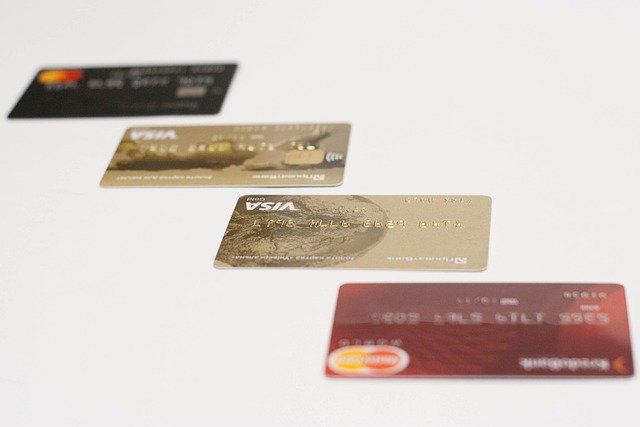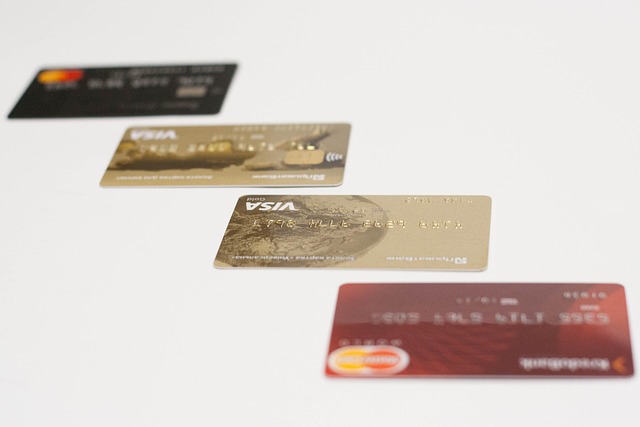Banking Products and Financial Planning in Saudi Arabia
Understanding banking products and financial planning is essential for making informed decisions about your money in Saudi Arabia. With a diverse range of financial instruments available, from savings accounts to investment portfolios, knowing how to navigate the banking landscape can help you achieve your financial goals. This guide explores the key aspects of banking services, loan products, and credit options available to residents and citizens in Saudi Arabia.

The financial sector in Saudi Arabia has experienced significant growth and modernization over the past decade. With the Vision 2030 initiative driving economic diversification, the banking industry has expanded its offerings to meet the evolving needs of consumers and businesses. Understanding the various banking products and financial planning tools available can empower you to make sound financial decisions that align with your personal and professional objectives.
What Are the Main Types of Banking Products Available?
Saudi Arabian banks offer a comprehensive range of products designed to meet different financial needs. Current accounts provide everyday banking services with features like debit cards, online banking, and mobile applications. Savings accounts offer competitive returns on deposits while maintaining liquidity. Investment accounts allow customers to participate in Shariah-compliant and conventional investment opportunities. Time deposits provide fixed returns over specified periods, appealing to those seeking predictable income streams. Additionally, many banks offer specialized accounts for students, expatriates, and business owners, each tailored with specific features and benefits.
How Do Loans and Credit Facilities Work in Saudi Arabia?
Loan products in Saudi Arabia come in various forms to address different financial requirements. Personal loans provide funds for general purposes such as education, medical expenses, or home improvements. Auto loans specifically finance vehicle purchases with flexible repayment terms. Home financing solutions, both conventional and Shariah-compliant, help individuals purchase or construct residential properties. Business loans support entrepreneurs and companies with working capital, equipment financing, or expansion projects. Credit facilities typically require documentation including proof of income, employment verification, and credit history assessment. Interest rates and terms vary based on the loan type, amount, and the borrower’s financial profile.
Understanding Credit Cards and Their Benefits
Credit facilities extend beyond traditional loans to include revolving credit options. These instruments offer convenience and flexibility for managing expenses and building creditworthiness. Cards come with various reward programs, cashback offers, and travel benefits. Some provide access to airport lounges, complimentary insurance coverage, and exclusive merchant discounts. Annual fees range from zero for basic cards to several thousand riyals for premium offerings. Credit limits depend on income levels and credit history. Responsible usage involves paying balances in full each month to avoid interest charges and maintaining utilization below thirty percent of available credit. Many banks also offer Shariah-compliant alternatives that operate without interest-based structures.
What Should You Know About Financial Planning Strategies?
Effective financial planning involves setting clear goals, creating budgets, and regularly reviewing your financial position. Start by assessing your current income, expenses, assets, and liabilities. Establish an emergency fund covering three to six months of living expenses. Diversify investments across different asset classes to manage risk. Consider retirement planning early to benefit from compound growth over time. Insurance products protect against unforeseen events affecting health, life, or property. Tax planning, while limited in Saudi Arabia due to the absence of personal income tax for citizens, remains relevant for businesses and certain categories of residents. Working with certified financial advisors can provide personalized guidance based on your unique circumstances.
How Do Islamic Banking Principles Affect Financial Products?
Islamic banking operates according to Shariah principles that prohibit interest (riba), excessive uncertainty (gharar), and investments in prohibited industries. Instead of interest, Islamic banks use profit-sharing arrangements, leasing contracts, and cost-plus financing. Murabaha involves the bank purchasing an asset and selling it to the customer at a markup with deferred payment. Ijara functions as a leasing arrangement where the bank owns the asset and leases it to the customer. Musharaka represents a partnership where profits and losses are shared according to agreed ratios. These structures ensure compliance with religious principles while providing comparable financial services. Both conventional and Islamic banking options coexist in Saudi Arabia, giving customers choice based on their preferences.
| Banking Product | Typical Providers | Key Features |
|---|---|---|
| Personal Loans | Al Rajhi Bank, Riyad Bank, SABB | Amounts up to SAR 2 million, flexible terms |
| Home Financing | Alinma Bank, Saudi National Bank, Arab National Bank | Up to 85% property value, terms up to 25 years |
| Auto Loans | Bank AlBilad, Banque Saudi Fransi, AlJazira Bank | Competitive rates, terms up to 5 years |
| Savings Accounts | Most major banks | Varying profit rates, easy access to funds |
| Investment Accounts | NCB Capital, SABB Securities, Alistithmar Capital | Diverse portfolios, professional management |
Prices, rates, or cost estimates mentioned in this article are based on the latest available information but may change over time. Independent research is advised before making financial decisions.
What Are the Current Trends in Saudi Banking?
The Saudi banking sector continues evolving with technological innovation and regulatory changes. Digital banking platforms now offer comprehensive services through mobile applications, reducing the need for branch visits. Fintech companies are partnering with traditional banks to deliver enhanced customer experiences. Open banking initiatives promote data sharing with customer consent, enabling better financial management tools. Cybersecurity investments protect customer information in an increasingly digital environment. The Saudi Central Bank (SAMA) regularly updates regulations to maintain financial stability and consumer protection. Sustainability considerations are influencing lending decisions as banks align with environmental and social governance principles.
Conclusion
Navigating banking products and financial planning in Saudi Arabia requires understanding the diverse options available and how they align with your goals. Whether choosing between conventional and Islamic banking, selecting appropriate loan products, or developing comprehensive financial strategies, informed decisions lead to better outcomes. The evolving financial landscape offers increasing opportunities for residents to access sophisticated banking services and build long-term wealth. Staying informed about product features, comparing offerings from different providers, and seeking professional advice when needed will help you make the most of the financial tools at your disposal.




